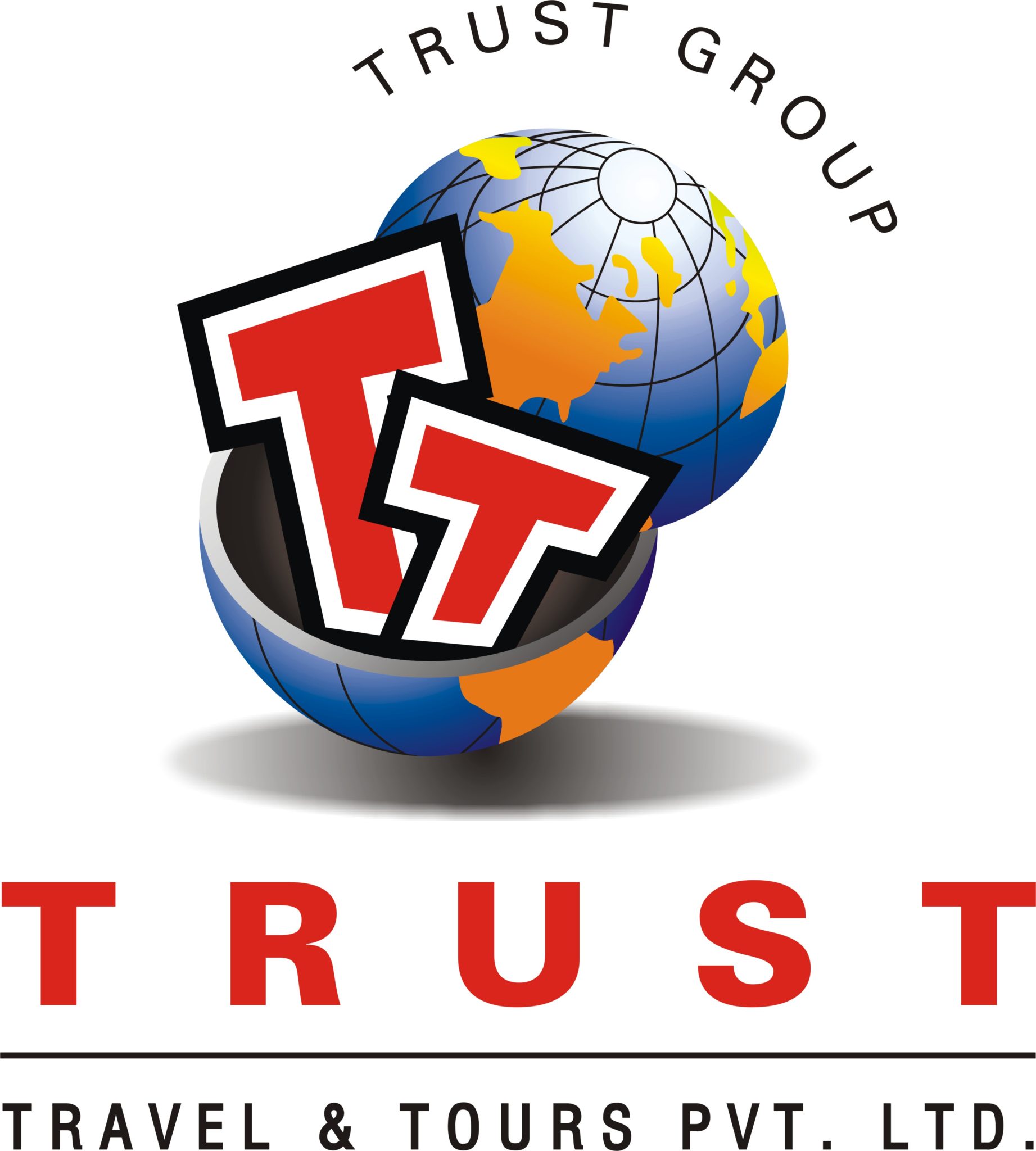How to Choose a Travel Agent
Planning a vacation abroad can be difficult so its best to find a travel agent to guide you from start to finish. Even if you want to travel within your own country, it is always best to speak to those who are familiar with transportation, lodging, costs and also able to guide you.
Steps to choose a Travel Agent
1. Consider choosing a travel agent online
Travel agencies are not considered as often as in the past due to the Internet. However, they are still a great resource for information and can provide you with an entire range of services, which will make your trip run smoothly, as well as save you time, problems, and money.
2. Make a list of things if you are choosing a travel agent
- Things you will need:
- Date, Place, and price range of your trip.
- List of agencies in your nearby area.
- List of questions
3.Questions that the travel agent needs to ask
A good quality travel agent will ask you to outline your trip. They will ask where you’re going and why, how you would wish to tour travel, how long you plan to stay, and what your travel budget is. Be open and honest with your answers. A good agent will gladly put together sample tours that describe availabilities in transportation, accommodations, and estimated costs.
Related Post – How To Become Air Ticket Booking Agent
4. Recognize your needs
A good travel agent will always take your needs into consideration. However, while an agent will typically ask questions to get this type of information from you and you should take it as a bad sign if the agent does not, you will also need to do your part by speaking your mind.
- Clarify the main purpose of your trip.
- Decide where you want to go and when making sure the trip will fit into everyone’s plan.
- Choose your mode of transportation, whether it’s Airline, Cruise, rental car, or something else.
- Try to determine a realistic budget for your trip based on all your other considerations.
5. Ask the right questions
Once you have your choices, call around to ask questions. You should ask most of these questions to the person, in addition, when you meet with those agents.
- What kind of travel do you specialize in?
- Can I contact you 24 hours a day?
- Which services do you charge for and how much will they cost?
6. Don’t feel required to purchase anything when you do meet with travel agents
Travel arrangements are like shopping for a car or any other commodity if you are too eager to jump on a deal right away. As you start to discuss travel options with an agent you like, keep these guidelines in mind.
- Do not rely on vocal agreements alone.
- Do not suppose your accommodations will look as impressive as they do in the glossy direct mail.
- Always read all the paperwork carefully before you sign it, especially when it comes to package deals.
Sources – wikihow


 TAFI Certified
TAFI Certified

